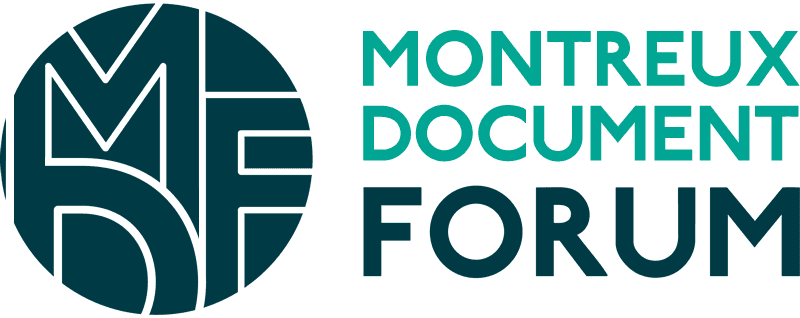Celebrating 15 years of the Montreux Document
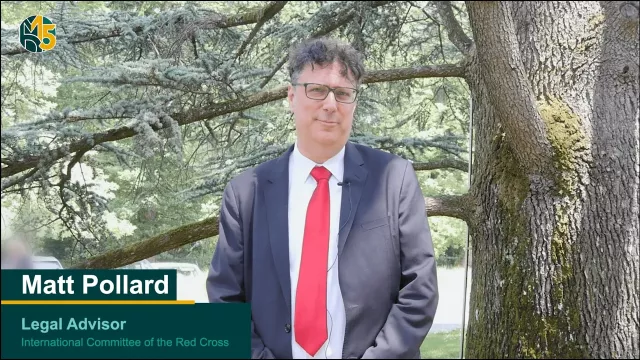
Insights from the MDF Co-Chair: the ICRC celebrates the 15 year-anniversary of the Montreux Document
“The Montreux Document is today the most widely accepted statement of how international law applies to the activities of private military and security companies in armed conflict.”
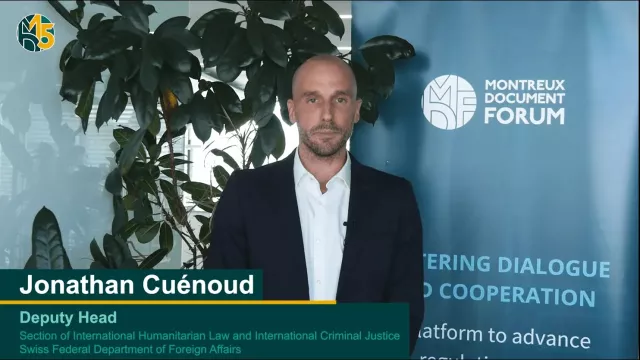
The Montreux Document is a “good example of how States can agree in a short time frame on a common answer to a pressing humanitarian issue.” Switzerland, as co-Chair, invites States to join the Montreux Document Forum.
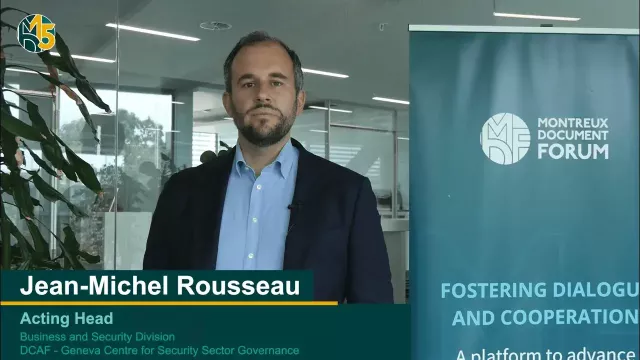
DCAF - Geneva Centre for Security Sector Governance, in its role as the Secretariat of the Montreux Document Forum celebrates the 15-year record of the Montreux Document. “The norms and good practices in the Montreux Document are both relevant and actionable everywhere” to strengthen regulation and increase accountability of private military and security companies.
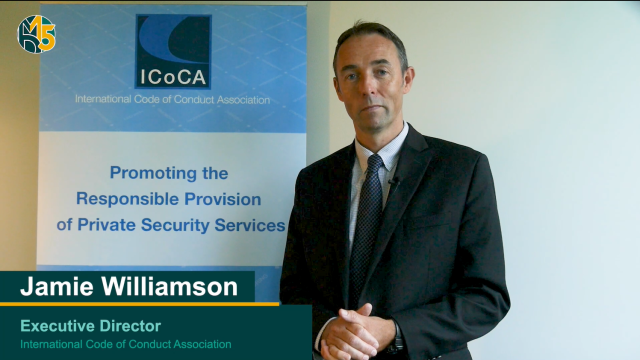
The 10th anniversary of the International Code of Conduct Association (ICoCA) and the 15th anniversary of the Montreux Document represent significant milestones in the ongoing efforts to promote responsible security practices in situations of armed conflict and high-risk environments, where the potential for human rights abuses and violations of humanitarian law is a pressing concern. These anniversaries mark the beginning of a journey with states and the security industry, aimed at enhancing accountabili
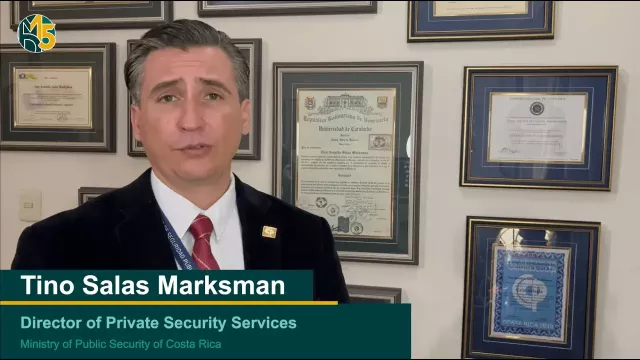
For Costa Rica, the Montreux Document is crucial to enhance regulation and implement good practices in the private security sector. The Document mostly represents a unique opportunity for States to comply with their international legal obligations while addressing new challenges rising from private security actors.
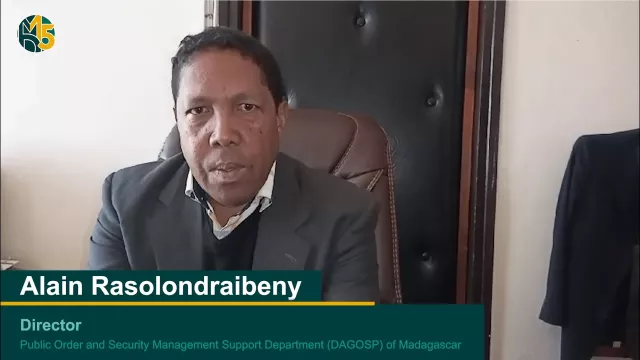
As a member of the Montreux Document, Madagascar considers the initiative to be indispensable for any State wishing to strengthen the regulation of the private security sector through technical assistance and, above all, the sharing of best practices among regulators.
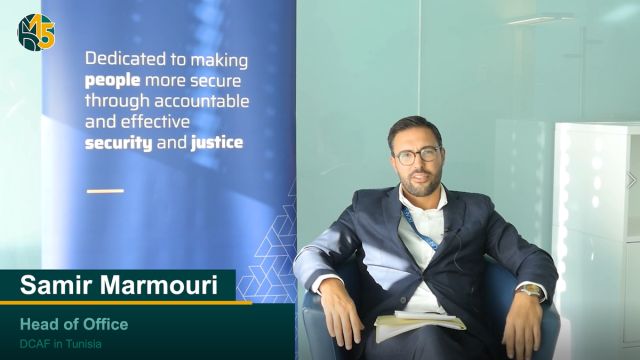
DCAF Tunis works to promote transparency and accountability in the security sector. One of the current workstreams relates to the construction of effective public-private partnerships in the field of security with relevant stakeholders, including the private security sector. While Tunisia is not a Montreux Document participant, and it is not in the context of armed conflict nor it is a home state for private companies offering military services, the good practices in the Montreux Document can be a roadmap
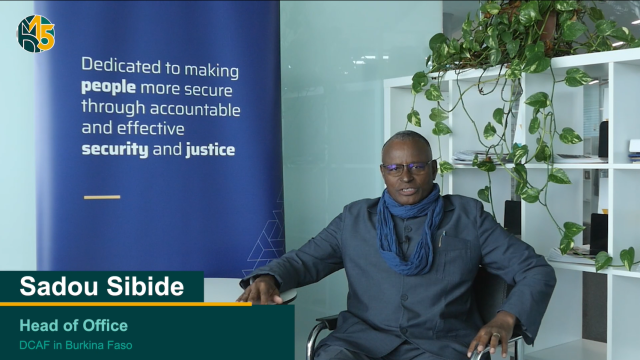
In Burkina Faso, the Montreux Document can serve as a pragmatic approach to regulate the increased diversity of services of private security and military companies. Since 2000, there has been a multiplication of these actors operating at the national level in various sectors of activity, from extractive industry to the fight against terrorism. In such context, the Montreux Document offers important guidelines to States for the regulation of PMSCs.
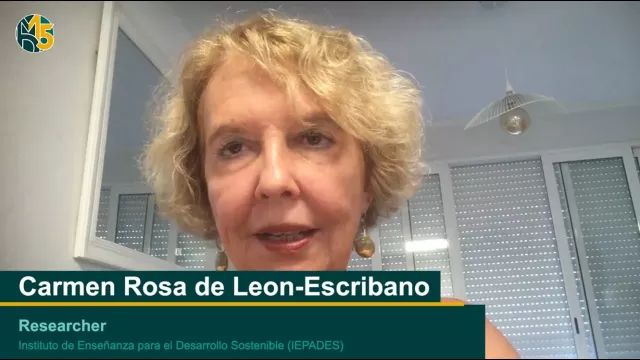
The Montreux Document has proven to be indispensable in shaping Guatemala's legal infrastructure, impacting government personnel, businesses, and civil society. It serves as a significant instrument for strengthening the regulation and oversight of PMSCs in post-conflict societies.
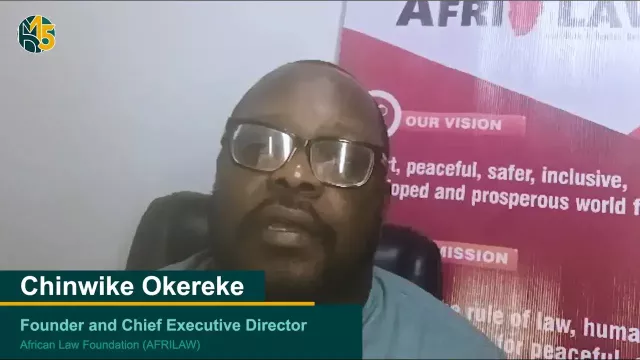
The Montreux Document has been a source of guidance for civil society organisations in Nigeria during the development of a draft law regulating the private security sector and for capacity building of national actors. So far, AFRILAW has trained over 200 private security companies using this framework and continues to do so today.

